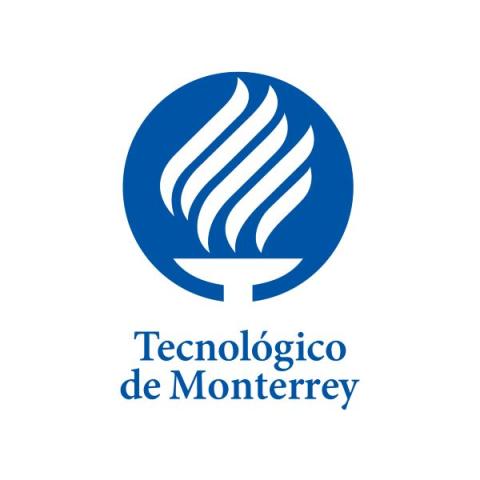
Five tips for creating cheat-proof classes
You may also like
For many reasons, one of the hardest things to deal with as a professor is cheating. Not only is it a breach of trust between professor and student, which can be difficult to navigate emotionally and ethically, it can also result in a great deal of administrative paperwork that can be a bit overwhelming.
I will never forget two cases in particular. One was a student who literally only changed the name on the cover page of the work one of his classmates had sent him. His classmate thought that this student would only base his work on theirs, so when I contacted them both he was shocked. The other case was a student who submitted an essay that consisted solely of quotes from other authors. I’m sure we can all recall particularly notable examples we’ve come across over the years.
In response to these cases and many others, I have adjusted some of my teaching practices in ways that have noticeably decreased cheating in my groups, and I would like to share five of these practices with you:
Relieve stress from exams
For quizzes and tests, I now allow students two attempts, taking the highest grade as their final grade. All quizzes and tests are open for one week and can be done at any time, with the pool of questions designed to be large enough that they don’t take the same quiz twice. Most students make use of both attempts, which also helps them review the topic more than once. They are allowed to get together to work on their individual quizzes and can use any resource available, even asking for help from their peers.
For in-class exams, I allow students to use their notes and textbook. Questions are crafted in such a way that, even if they have these tools at hand, they must understand the course’s key concepts to answer them.
- ChatGPT has arrived – and nothing has changed
- Tips to make student evaluation fairer for teachers
- Promoting academic integrity in a massive online master’s programme
Let students focus on the learning process, not on the grade
For certain assignments, what students learn by working on them is what matters most. For such assignments, instead of providing a numerical grade I mark them as either complete or incomplete. Students have specific instructions on what is expected of them for their assignment to be marked as complete, and they usually submit work that exceeds my expectations.
Help students with time management
A few years ago, I had several cases of plagiarism, and I noticed that in most cases it was because the final project was extensive and, although students had more than enough time during the semester to work on it, they decided to leave all the work for the last week of class, which was not enough. Since the final project made up a large amount of the final grade, they decided to cheat because they felt it was the only way they would finish in time.
As such, I’ve now placed small assignments throughout the semester that essentially force students to begin working on the project. Since making these changes, I have not had a single case of plagiarism on the final project.
Engage students in the course
The course I teach is economics for non-economics majors so, to be frank, most students are not that into it, because they feel it’s not directly related to their field of study. This could potentially lead to disengagement and, eventually, cheating. I have tackled this by always using recent news as case examples, so my students see the relevance of the topics in their day-to-day life.
Also, at the beginning of the semester, I ask them to present themselves through an online video discussion platform, Flip, which allows me to get to know their interests and their majors. I then use this information to inform the examples I provide during class and as topics for assignments, quizzes and exams. I also keep classes feeling fresh by varying the way assignments are completed, for example as infographics in Canva, video explanations through Flip, presentations in PowerPoint and more.
Review institutional policies on academic integrity
During the first class, I explain the institution’s policies regarding academic integrity, the anti-plagiarism tool that we use, Unicheck, as well as the consequences of not complying with these policies. In addition, the first graded quiz I set is also related to those policies, while the first graded assignment involves getting familiarised with APA guidelines, how and when to cite, plus the use of reliable sources.
Thanks to these practices, several semesters have passed since I have had to deal with a case of academic integrity. I encourage you to try some of them and see the difference they make to your teaching practice.
Claudia Danelia Chamorro Urroz is academic coordinator, educational innovation and digital learning, at Tecnológico de Monterrey, Mexico.
If you found this interesting and want advice and insight from academics and university staff delivered direct to your inbox each week, sign up for the THE Campus newsletter.




